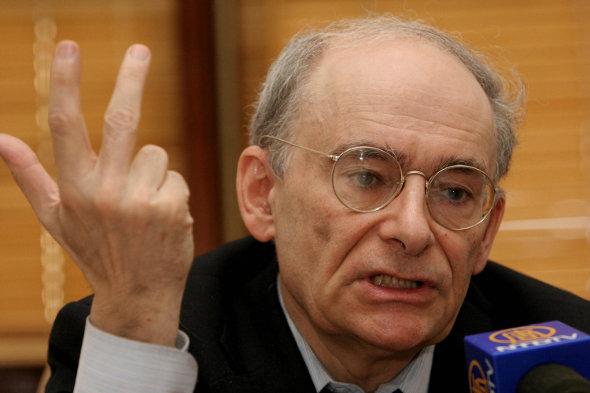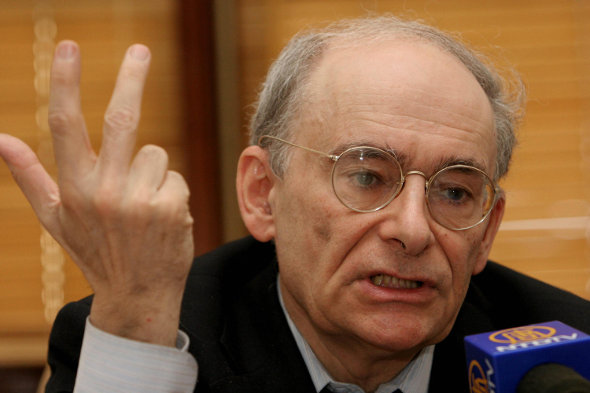Americans obtaining organs illegally through transplant operations overseas may be unknowingly bringing infectious diseases into the country, says a U.S. transplant specialist.
Dr. Francis Delmonico, professor of surgery at the Harvard Medical School, says the United States presently has no register to determine where or how a person has obtained an organ for transplant outside America. When they return to the United States after obtaining an organ illegally, they could be carrying all manner of infectious diseases—and yet there is no customs declaration form required to indicate that they are carrying live tissue into the homeland, nor is there a medical register for the source of overseas organs.
“The transplant recipient is immune-suppressed, they are vulnerable to esoteric kinds of infections if they travel to a foreign destination that does not have good regulatory control or transparency,” Dr. Delmonico told The Epoch Times.





